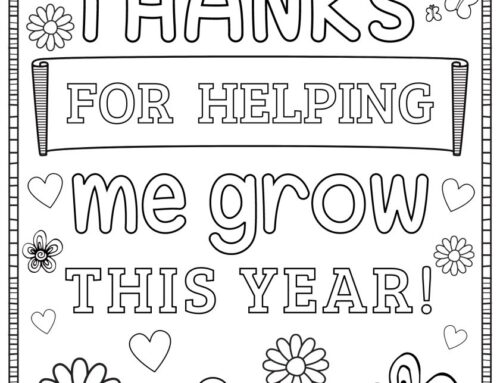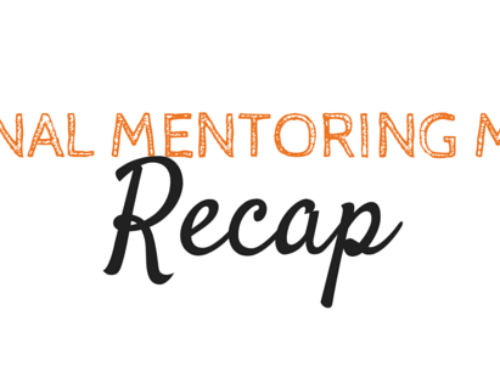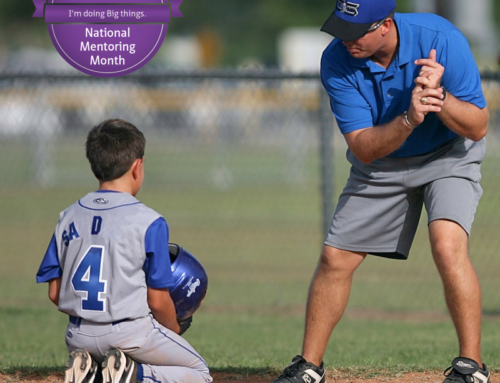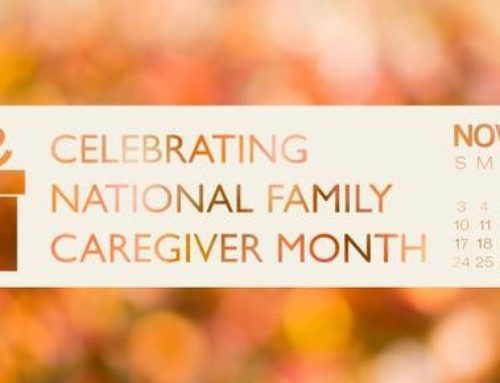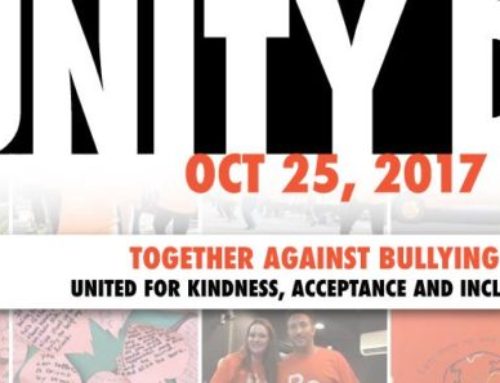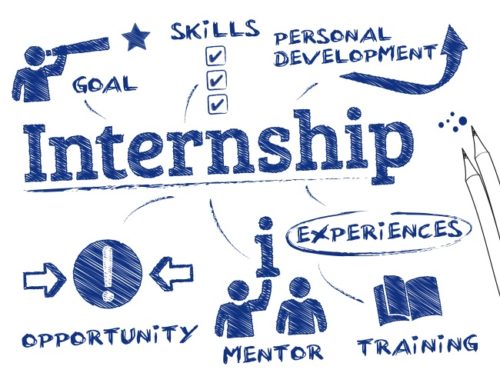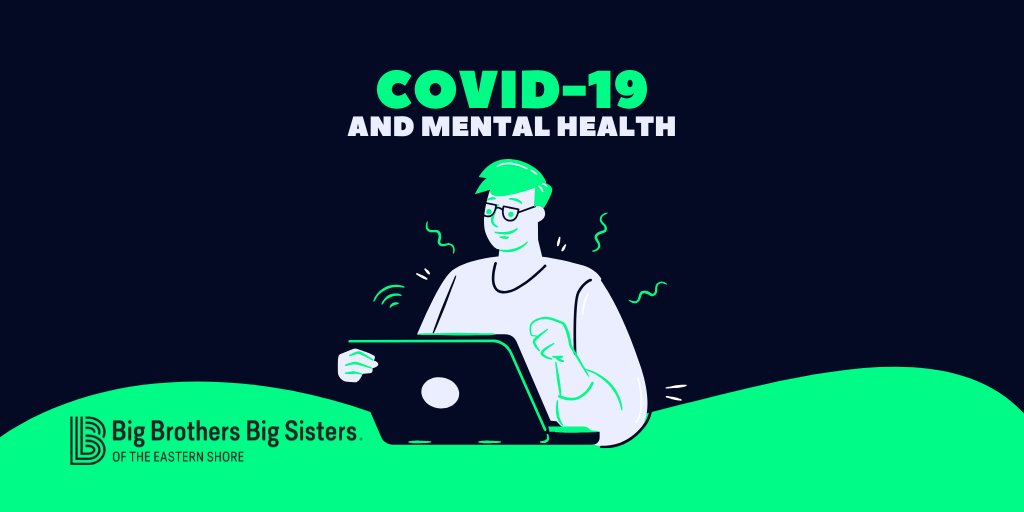
Over the past few months, we have been advised on the things that we can do to physically help protect ourselves and others against the novel coronavirus. The things that may seem small are incredibly significant, such as washing and sanitizing our hands, standing six feet away from the people around us, coughing into our arm instead of our hands and using cloth face coverings when in public. These small things are saving lives which leads us to the question: what are the small things that we can do to save our mental wellbeing? It’s no secret that this pandemic has wreaked havoc on our economic way of life. Millions have either lost jobs or been ushered into working from home, which yes is an answer to a temporary problem, but comes with difficulties, like working in a not so peaceful environment.
Many essential employees, such as doctors, nurses, pharmacists, technicians, grocery workers, and convenient store workers among others, are still working, still putting their lives on the line. Whether working or unemployed, many of us will suffer with increased anxiety and depression. We will come out of this, but we will not come out of this unscathed. Some of us will be newly diagnosed with post-traumatic stress disorders (PTSD); others with a higher degree of anxiety and fear. So, how do we begin to build our mental resilience?
Monitor Your News Intake
One of my friends compared his anxiety to a cell phone. Your phone is charged at 100%, but as the day progresses that battery starts dying. Why? Because of background apps that you are no longer using, but are still running and draining the battery. COVID-19 and the news are those background apps. Though you may have shut the news off hours ago, it’s still running in the back of your mind. Try limiting how long you consume information about COVID-19. Instead fill your mind with other things, like reading a book or a magazine.
When you want to equip yourself with the latest information make sure that you’re receiving it from reliable sources such as the World Health Organization (WHO) and the National Health Service (NHS).
Stay in Touch with Family and Friends
Even the most introverts of all introverts need at least one friend. Being social, while practicing social distancing, is like a home remedy that you didn’t know would work, nor did you know you would need. Try incorporating something fun like video chat, virtual happy hours, or online games with your friends. Microsoft Teams, Zoom, and WhatsApp are all platforms that offer free group video chats. If you and your friends are Apple users, group Facetime is already at your disposal! Netflix is currently offering Netflix Party for free, which gives you the ability to watch movies with your friends, allowing you the opportunity to chat with them while you watch. So, grab your popcorn, chocolate covered raisins, and your favorite soda pop because it sounds like a movie night to me!
Get Active and Stay Hydrated
Some local gyms that have streaming abilities or social media platforms are sharing workouts for free. Because they know that you can’t come to them, they’re making it easier for you. If your local gym isn’t live streaming workouts to do from home, go on over to YouTube. It’s truly a gold mine. You will find yoga, Zumba, Pilates, practically anything you could want. On top of that, there are several fitness challenges circling social media that you can participate in with or without your friends, but of course with friends is more fun. Lastly, stay hydrated. It’s easy to not drink enough water when we’re not on the go as much, but our bodies still need adequate hydration. Get some lemons or oranges to spruce up your water. We could all use some extra Vitamin C.
Watch a Comedy
You’ve heard it before laughter is the best medicine, and it’s true. Hearing someone else laugh will either make you laugh, or at the very least bring a smile to your face. We could always use some laughter. When it comes to all-things comedy, Netflix is the perfect place to start. Stand-ups, romcoms, family comedy, action-comedy, you’ll find it there.
Meditate in the Morning and/or Night
Meditating is about focusing your mind. Our minds are constantly going and even more so now. There’s a lot of noise¬–news, personal fears, etc. With meditation you practice training your mind to be aware of your thoughts, focusing them and bringing overall stability to your mental and emotional state. Jumping right into meditation, on your own, may make you think that it doesn’t work, and if that’s the case try doing guided meditations. Balance: Meditation by Elevate, Inc. is currently offering its meditation app free for a year. So, if you’ve ever thought about trying it, now’s the time. Getting up before the rest of your house and taking a few minutes to yourself with this app will make a difference even it’s just for you.
Virtually Talk to a Therapist
If you currently have a therapist, check-in to see if they’re offering virtual sessions through video chat or email. Many therapists are switching to this style of tele-health to better assist their patients during this time. If you don’t currently have a therapist, check out sites such as AmWell, BetterHelp, and TalkSpace. They’re offering weekly counseling sessions starting at $40/week. 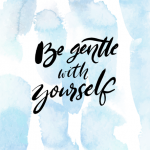
It’s true, our normal has changed, and we have to change with it. We have to learn what can help us and what won’t. That may look different for every human being. For some that may be meditation, yoga, a new sport, therapy, or medication. We not only have to be transparent with ourselves and each other, but we have to be gentle. Our world has been disrupted and as we rebuild, we have to lean into each other, into our beliefs, and into ourselves. It may not seem like it now, but something great will come out of this!



